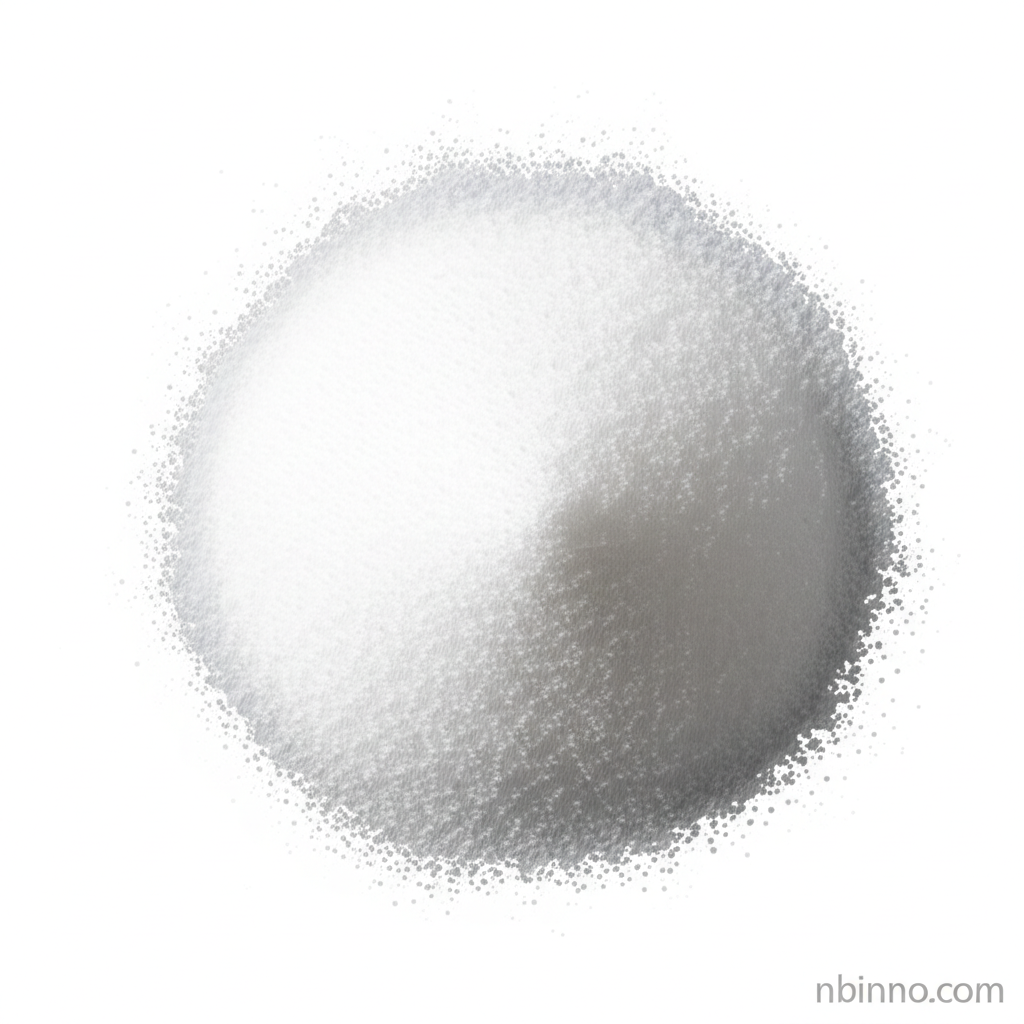Essential Vitamin B1: Understanding Thiamine Mononitrate
Discover the vital role of Vitamin B1 in your health, from energy production to nerve function.
Get a Quote & SampleProduct Core Value

Thiamine Mononitrate
Thiamine Mononitrate, recognized as Vitamin B1, is an indispensable micronutrient critical for numerous bodily functions. It plays a pivotal role as a coenzyme in carbohydrate metabolism, facilitating the conversion of food into energy. Furthermore, it is essential for the proper functioning of the nervous system, supporting nerve health and transmission. Understanding the causes of beriberi disease and its symptoms is key to recognizing the importance of adequate Vitamin B1 intake.
- Essential for Energy Metabolism: Thiamine Mononitrate is a key player in how your body processes carbohydrates, ensuring efficient energy production.
- Supports Nerve Health: This vitamin is vital for maintaining the integrity and function of your nervous system, crucial for signal transmission.
- Prevents Deficiency Disorders: Adequate intake helps prevent conditions like beriberi and Wernicke-Korsakoff syndrome, which arise from a lack of Vitamin B1.
- Dietary Importance: Learning about dietary sources of Vitamin B1 is crucial for maintaining optimal levels and overall health.
Key Advantages
Boosts Energy Levels
By facilitating carbohydrate metabolism, Thiamine Mononitrate helps your body efficiently convert food into usable energy, combating fatigue.
Enhances Neurological Function
Its role in nerve health means proper intake can lead to improved cognitive function and nerve signal efficiency, supporting your nerve health.
Promotes Cardiovascular Health
Vitamin B1 is essential for maintaining a healthy heart and circulatory system, addressing potential issues related to Vitamin B1 deficiency symptoms.
Key Applications
Dietary Supplementation
As a vital nutrient, Thiamine Mononitrate is commonly used in dietary supplements to ensure adequate intake and prevent deficiencies. Knowing how to take Thiamine Mononitrate correctly ensures maximum benefit.
Food Fortification
Many food products are fortified with Vitamin B1 to enhance their nutritional value, contributing to public health by addressing widespread nutritional gaps.
Pharmaceutical Preparations
It is utilized in pharmaceutical formulations for treating specific medical conditions related to thiamine deficiency, underscoring its therapeutic importance.
General Wellness
Incorporating Thiamine Mononitrate into your routine can support overall well-being, contributing to better energy management and nerve function.
